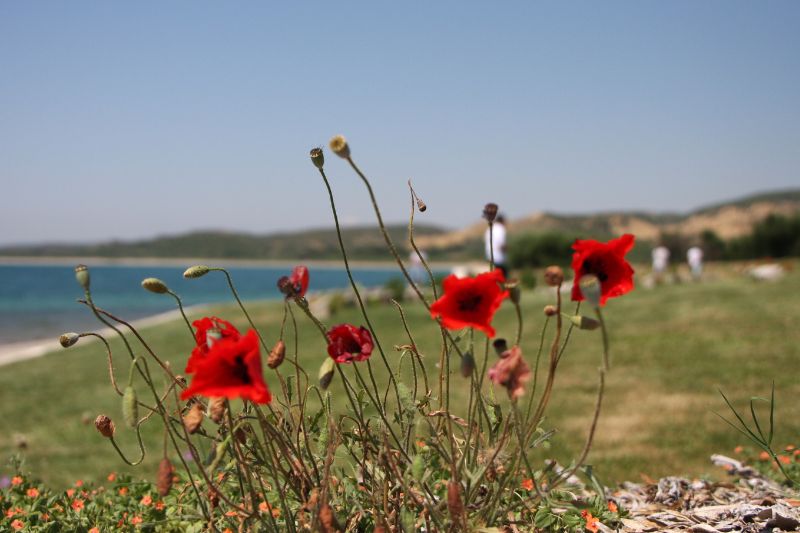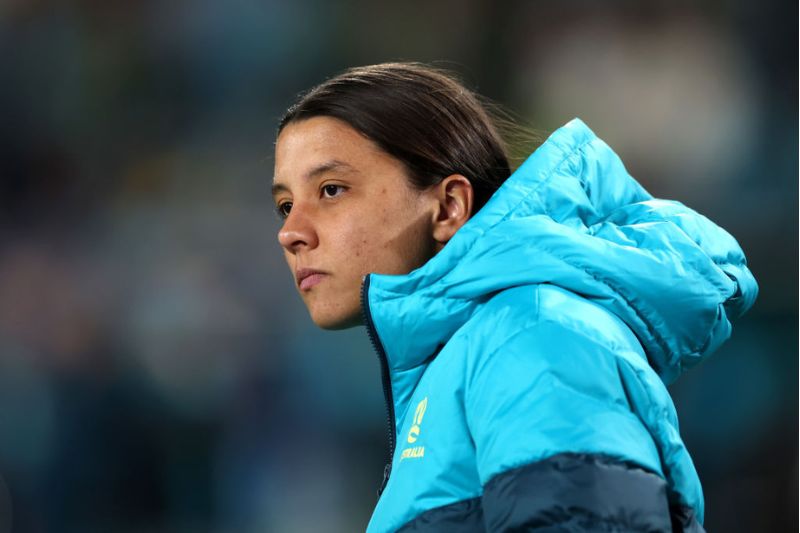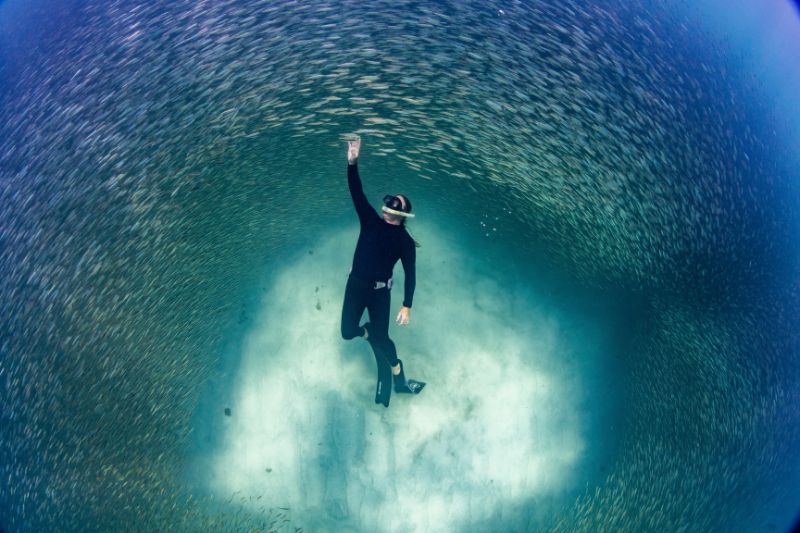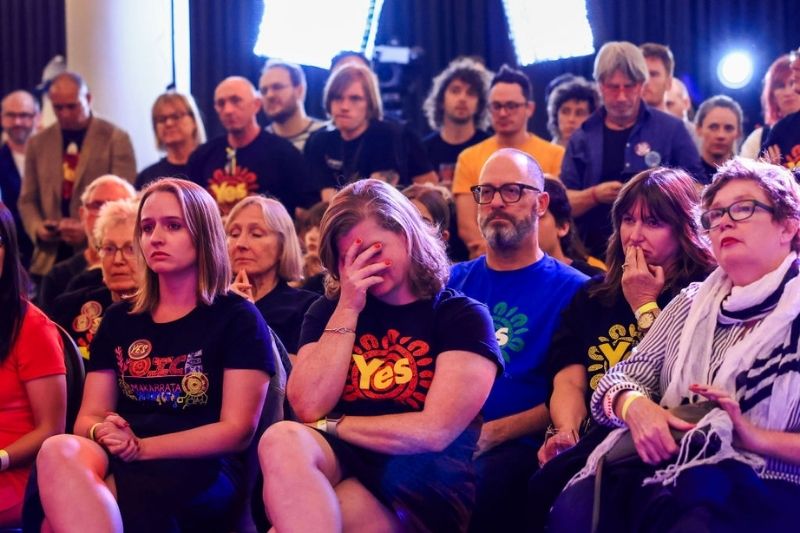Keywords: Remembering
There are more than 24 results, only the first 24 are displayed here.
Become a subscriber for more search results.
-

INTERNATIONAL
- Geraldine Doogue
- 18 June 2024
1 Comment
I wonder how many Australians were captivated, as was I, by the 80th anniversary D-Day celebrations? They seemed epochal to me: a reminder of something remarkable and a pointer to something possible, namely new resolve to maintain peace in Europe. Not too many Australians, as it turned out, were similarly mesmerised.
READ MORE 
-

AUSTRALIA
- Andrew Hamilton
- 16 April 2024
Anzac Day draws us away from the geopolitical chess board to consider the price that so many persons have paid for the wars in which their leaders join. It reminds us of the need for diplomacy based on respect for the humanity of persons on all sides of conflict.
READ MORE
-

AUSTRALIA
- Peter Mares
- 12 April 2024
1 Comment
The ABC’s recent Q+A housing special left many questions unasked and unanswered. Labor, Coalition and Green MPs all say they want more people to be able to buy their own homes. The most obvious way to achieve that would be to reduce the price of housing. Yet no politician will make that an explicit policy aim.
READ MORE 
-
.jpg)
AUSTRALIA
- Gillian Bouras
- 10 April 2024
3 Comments
For the men in these conflicts, there was an expectation they would resume the lives they had left behind as if nothing had happened, as if they had been on an extended business trip. It calls to mind a phrase that has become common in recent years: unexamined trauma.
READ MORE
-

AUSTRALIA
Sam Kerr’s alleged comment to a UK police officer has divided opinion as to whether it constitutes racism. The central question involves whether a structural understanding of racism should supersede a universal, neutral sense of racism of the kind that is enshrined in law.
READ MORE
-

AUSTRALIA
- Andrew Hamilton
- 07 March 2024
Generosity is most heartwarming when it is a habit. We see it in people whose first inclination is to give something to a beggar, to stop and listen to a hard luck story, to think first of persons affected by war and economic crises and only secondly to policy, to welcome people into their homes and to go out of their way to help.
READ MORE
-

ECONOMICS
- David James
- 11 January 2024
AI and transhumanism will continue to transform economic life on the planet. Rather than trying to stop it, which will fail, the counterattack should instead be to repeatedly insist on the obvious: that the ‘I’ in AI is not human intelligence, and that the ‘humanism’ in transhumanism is not human.
READ MORE
-

ARTS AND CULTURE
- David Halliday
- 04 January 2024
The name Tim Winton conjures up images of ocean surf and wild remote beaches. With four decades under his belt as Australia's most celebrated novelist, Winton has long explored the mysteries of the natural world in the pages of his novels. Now, speaking to Eureka Street, Tim Winton discusses his new documentary Ningaloo Nyinggulu and why we need to rethink our relationship to the wild.
READ MORE
-

INTERNATIONAL
- Philip Mendes
- 04 December 2023
2 Comments
For over 40 years, I have supported a two-state solution to the Israeli-Palestinian conflict. That term means two states for two peoples. Such an outcome can only come about as the result of peaceful negotiations that advance compromise and moderation on both sides.
READ MORE 
-

ARTS AND CULTURE
- Julian Butler
- 08 November 2023
It's curious how fragments of the past linger in our minds, waiting to be unearthed. But in an era where we're bombarded with endless content and quick digital answers, one wonders: Are these shortcuts eroding our ability to remember?
READ MORE 
-

AUSTRALIA
- Andrew Hamilton
- 16 October 2023
13 Comments
When tragedies unfurl, the rush to apportion fault often overshadows the lives that hang in the balance. It's worth remembering the multi-faceted nature of tragedy, and the human costs behind the headlines. Every story, much like life itself, demands understanding, compassion, and the commitment to build harmonious bonds in the face of adversity.
READ MORE
-

AUSTRALIA
- David Halliday
- 01 September 2023
Australia's housing market trembles as homeowners confront rising interest rates and mortgage defaults surge. Predicted by some a decade ago, this shift stems from years of speculative investing and homes transforming into commodities. The challenge now: can policymakers balance housing affordability without destabilising the market's value?
READ MORE 